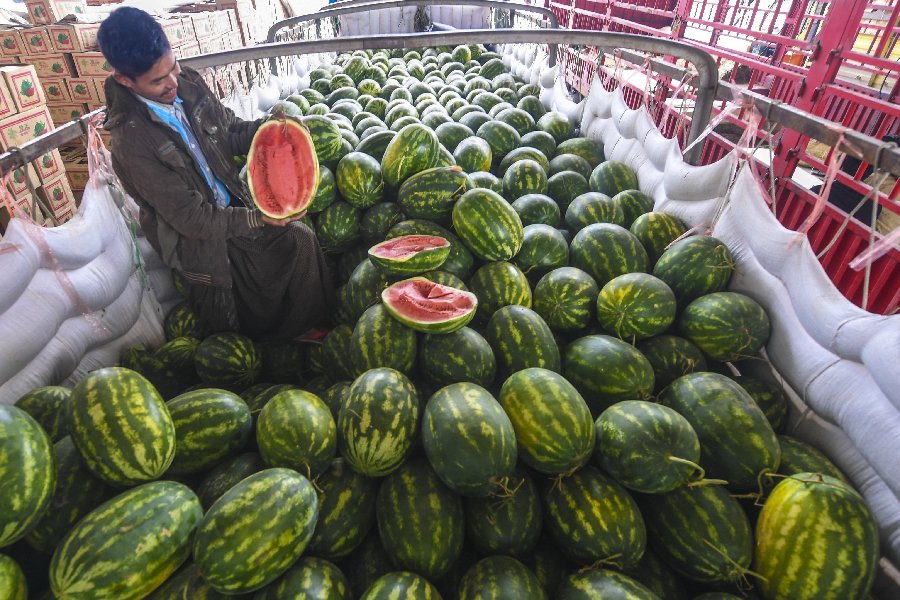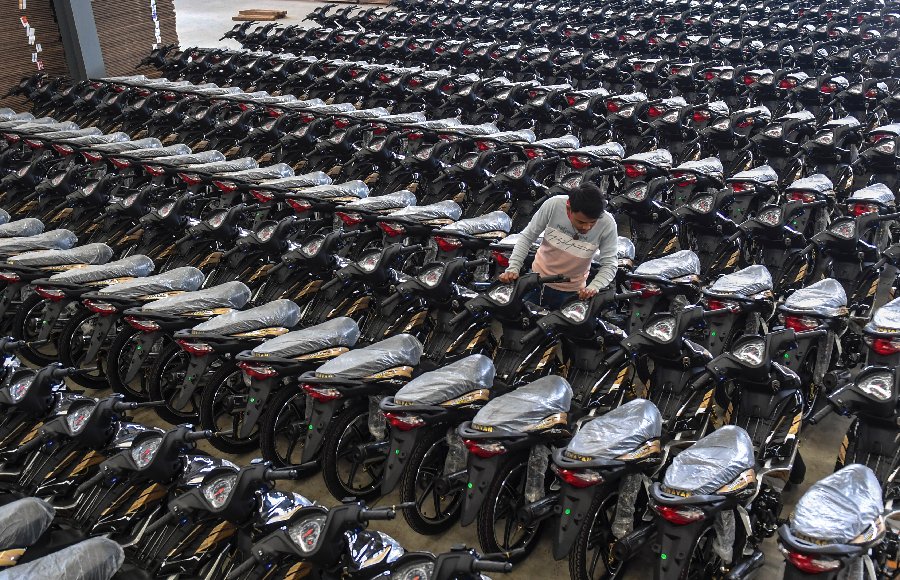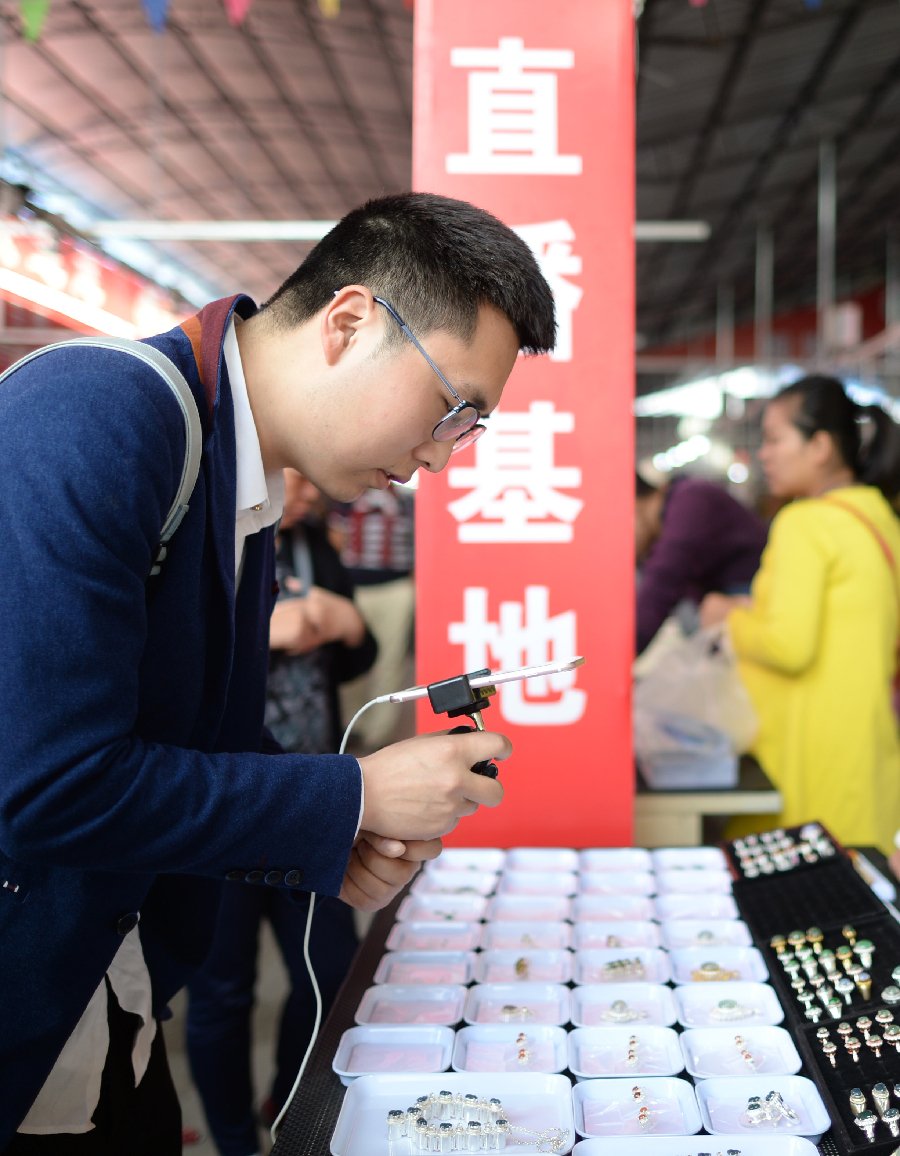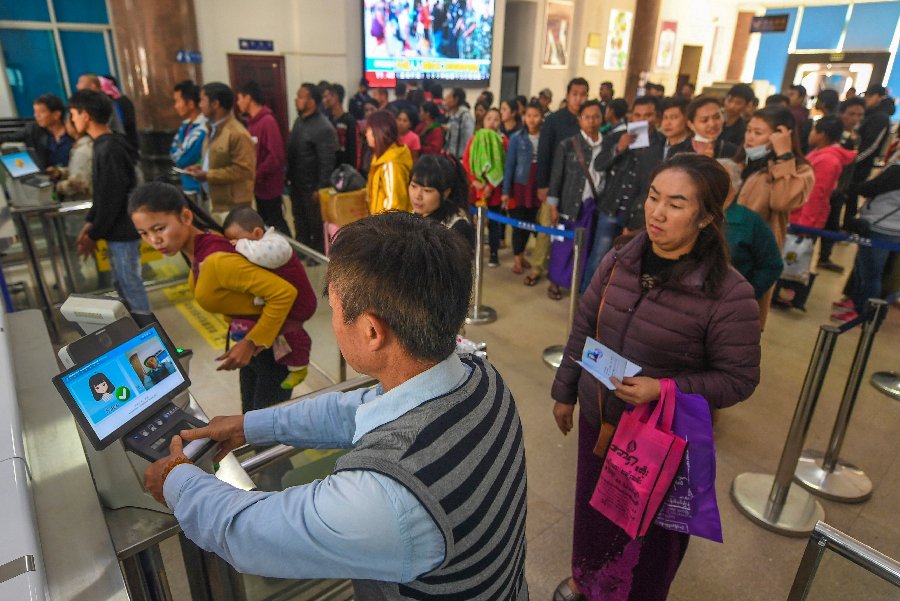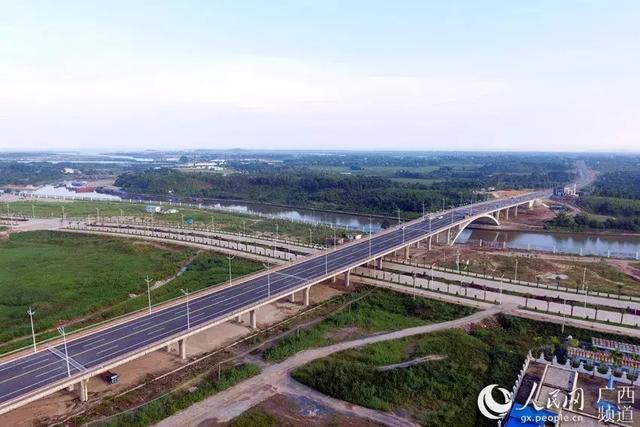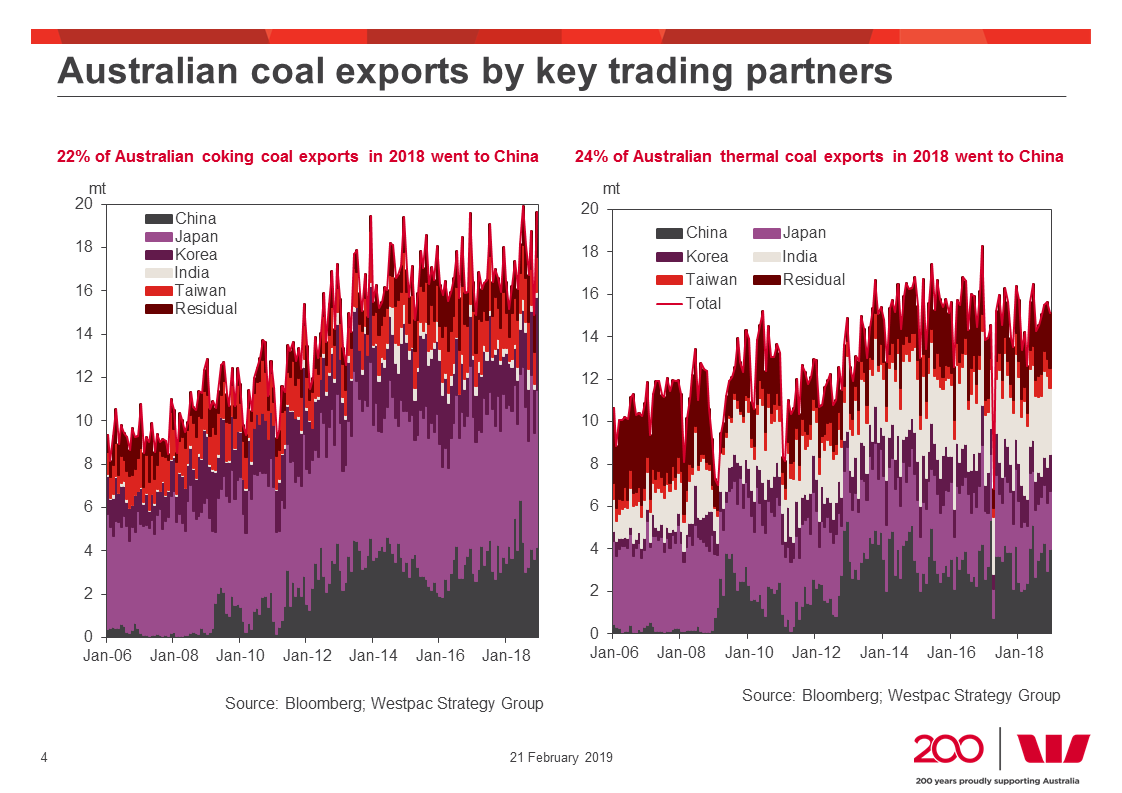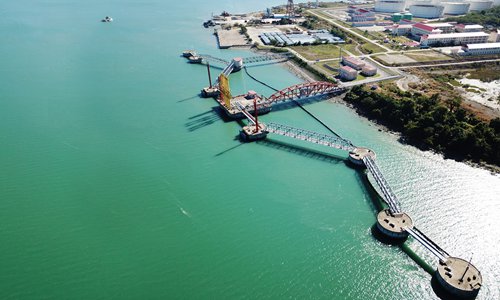Now is a good time for Bhutan and China to establish diplomatic relation and bring some progress and development to that part of the world.
January 31, 2019

A cultural event held in the presence of newly appointed Chinese consul general to Kolkata, Zha Liyou
As China seeks to intensify engagement with Bhutan, a country it does not have diplomatic relations with, Chinese ambassador to India Luo Zhaohui is visiting Thimphu again, starting Tuesday.
China’s Bhutan outreach poses a significant foreign policy challenge for India in the neighbourhood, not least because the new government in Thimphu is likely to look at Beijing more and more as a potential partner in its efforts to diversify its economy.
Luo will be accompanied by a cultural delegation from China which will perform on the occasion of the Chinese Spring Festival.
Bhutan’s new government headed by PM Lotay Tshering of the Druk Nyamrup Tshogpa (DNT) party wants to reduce the mountainous country’s excessive reliance on hydropower which it exports to India. In its election manifesto, the DNT had mentioned the fact that India’s share of trade with Bhutan accounted for 80 per cent of Bhutan’s total trade.
“We acknowledge the central role of hydropower sector in our economy, however, since it is a climate sensitive sector and considering possible geo-climatic hazards in future, it would be unwise to hinge the country’s economy solely on a single sector,” the DNT manifesto had said, adding that hydropower offered limited employment opportunities to the youth.
China was quick to have sensed an opening last year in terms of more trade opportunities when in July, just before Bhutan’s National Assembly was dissolved, not just Luo but also China’s vice foreign minister Kong Xuanyou visited Thimphu. Kong had discussed the boundary issue with Bhutan leaders then and also invited Bhutan to actively participate in the Belt and Road Initiative (BRI) and share China’s “development dividend”. Bhutan is the only Indian neighbour to have resisted the temptation so far to join BRI.
During Tshering’s visit to India last month, his first overseas as PM, his counterpart Narendra Modi had announced that India will provide grant assistance of Rs 4500 crore for Bhutan’s 12th Five Year Plan, and a transitional Trade Support Facility of Rs 400 Crore over a period of five years to strengthen bilateral trade and economic linkages. Tshering had also invited Modi to Bhutan, but the Indian PM is yet to undertake that visit.
India though has to remain mindful of how China’s engagement with Bhutan plays out in the territorial and boundary domain. India’s own ties with China have improved remarkably since the 2017 Doklam dispute with Luo himself declaring that Sino-Indian ties are currently passing through one of the best phases in history.
January 31, 2019

A cultural event held in the presence of newly appointed Chinese consul general to Kolkata, Zha Liyou
As China seeks to intensify engagement with Bhutan, a country it does not have diplomatic relations with, Chinese ambassador to India Luo Zhaohui is visiting Thimphu again, starting Tuesday.
China’s Bhutan outreach poses a significant foreign policy challenge for India in the neighbourhood, not least because the new government in Thimphu is likely to look at Beijing more and more as a potential partner in its efforts to diversify its economy.
Luo will be accompanied by a cultural delegation from China which will perform on the occasion of the Chinese Spring Festival.
Bhutan’s new government headed by PM Lotay Tshering of the Druk Nyamrup Tshogpa (DNT) party wants to reduce the mountainous country’s excessive reliance on hydropower which it exports to India. In its election manifesto, the DNT had mentioned the fact that India’s share of trade with Bhutan accounted for 80 per cent of Bhutan’s total trade.
“We acknowledge the central role of hydropower sector in our economy, however, since it is a climate sensitive sector and considering possible geo-climatic hazards in future, it would be unwise to hinge the country’s economy solely on a single sector,” the DNT manifesto had said, adding that hydropower offered limited employment opportunities to the youth.
China was quick to have sensed an opening last year in terms of more trade opportunities when in July, just before Bhutan’s National Assembly was dissolved, not just Luo but also China’s vice foreign minister Kong Xuanyou visited Thimphu. Kong had discussed the boundary issue with Bhutan leaders then and also invited Bhutan to actively participate in the Belt and Road Initiative (BRI) and share China’s “development dividend”. Bhutan is the only Indian neighbour to have resisted the temptation so far to join BRI.
During Tshering’s visit to India last month, his first overseas as PM, his counterpart Narendra Modi had announced that India will provide grant assistance of Rs 4500 crore for Bhutan’s 12th Five Year Plan, and a transitional Trade Support Facility of Rs 400 Crore over a period of five years to strengthen bilateral trade and economic linkages. Tshering had also invited Modi to Bhutan, but the Indian PM is yet to undertake that visit.
India though has to remain mindful of how China’s engagement with Bhutan plays out in the territorial and boundary domain. India’s own ties with China have improved remarkably since the 2017 Doklam dispute with Luo himself declaring that Sino-Indian ties are currently passing through one of the best phases in history.

